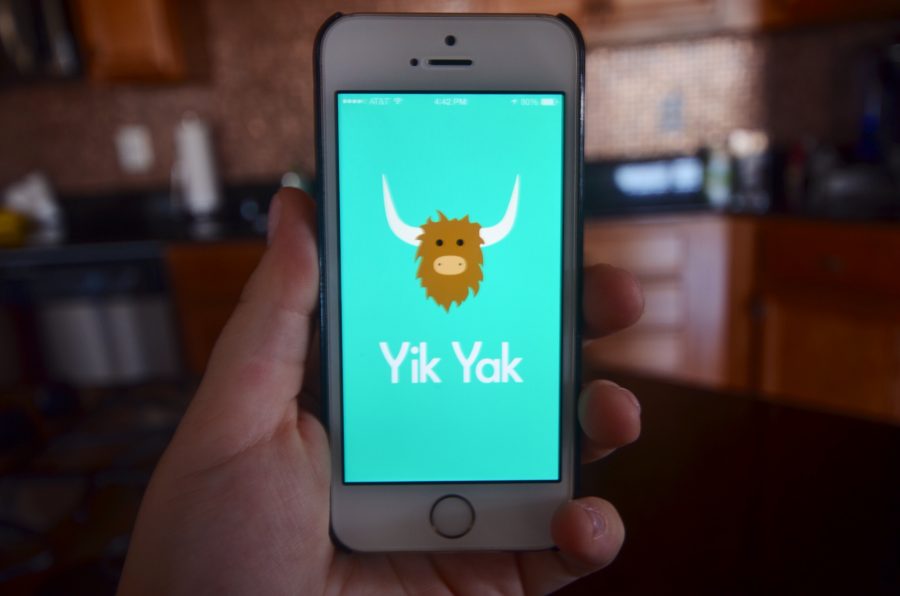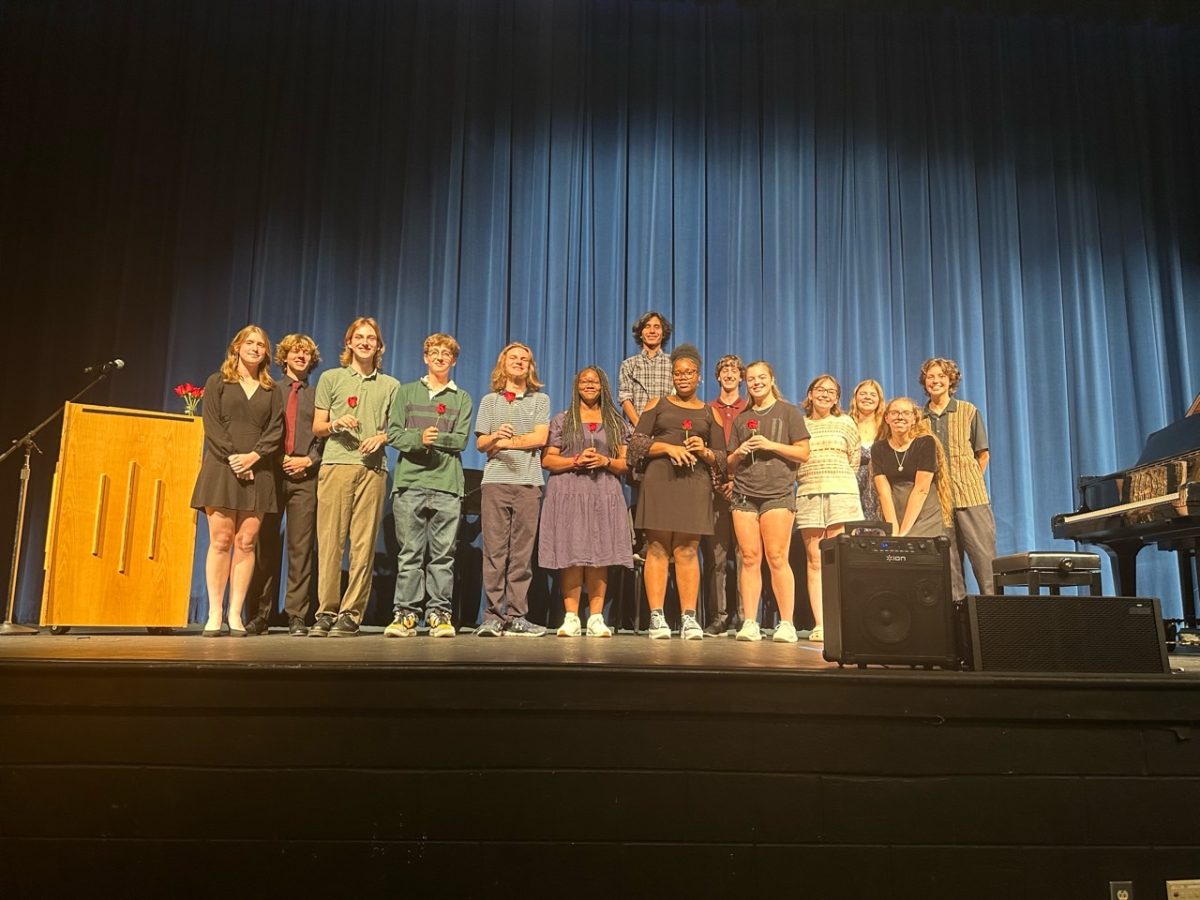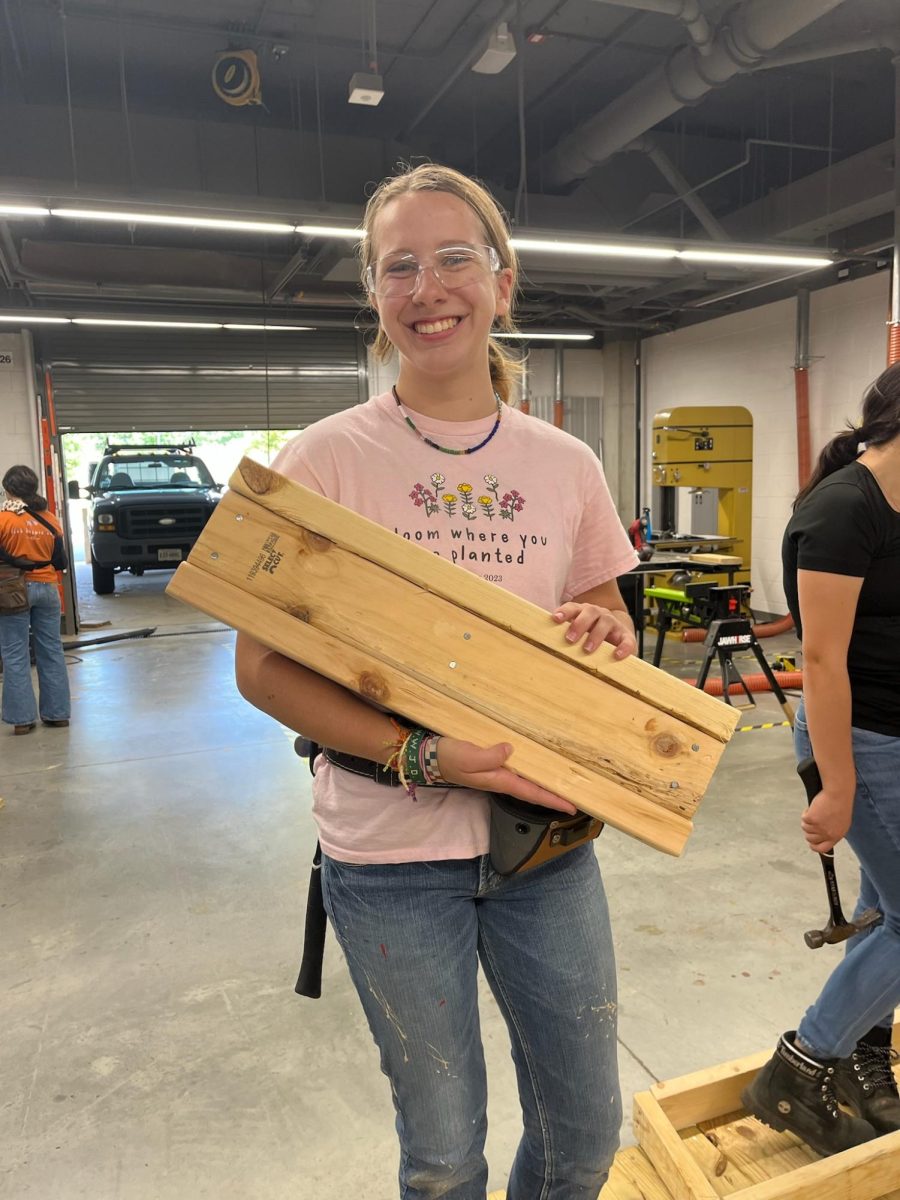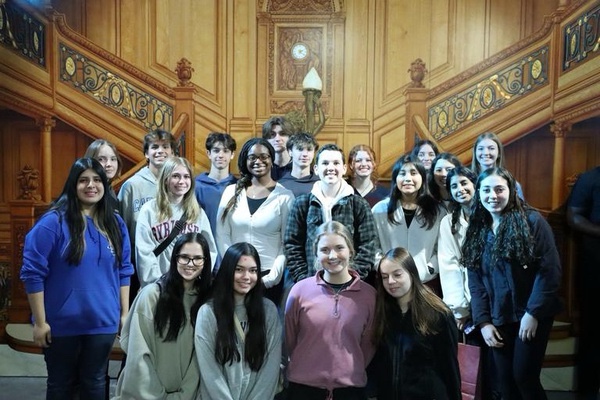By Megan Cohen
There was once a time where the only yaks in the world were shaggy beasts roaming the Himalayas. Now, there’s also the 200-character messages that can either make you laugh or shatter your self-esteem.
Tyler Droll and Brooks Buffington met at Furman University while learning to program iPhone apps. Soon after, they began collaborating. The project? An anonymous app called Yik Yak that would serve as a digital “bulletin board” for college students. If a class got cancelled or there was going to be an event on campus, someone could make a post to let everyone know. After graduating from Furman, the pair decided to completely immerse themselves in the work, Droll dropping out of medical school and Buffington abandoning his budding career in finance.
Their idea had been innocent enough: a simple way for people to stay updated and informed about what was going on. But what Droll and Buffington didn’t anticipate was that their project, an anonymous Twitter of sorts, would evolve into something dangerous.
Yik Yak officially launched last year, but the app just recently hit Loudoun schools over the summer as both a new form of communication and a source of drama. While advertised as a method of staying in touch with the community, some are taking advantage of its anonymity.
“Someone [on Yik Yak] said I look like a dog,” junior Hannah Corey shared. She chose to laugh off the rude remark, explaining, “Am I really going to get upset because a stranger said I look like a dog? If it weren’t anonymous, they wouldn’t be saying anything at all.” When it comes to the app itself, she isn’t even against it, believing that it’s “virtually harmless as long as you don’t let it get to you.”
Not everyone shares this opinion, especially Mrs. Kathleen LaGuardia, a personal finance and economics teacher who has openly shared her disapproval of Yik Yak. “I think [Yik Yak] is really harmful,” she says. “If you can’t say something to someone’s face, you probably shouldn’t be saying it all.”
Yik Yak has made headlines across the country, most recently when a high school in New Mexico banned cell phones from their campus after several reports of cyberbullying. Similar action took place in Rhode Island, except the app was banned from an entire district. Some have voiced the opinion that even universities should put the Yak to pasture, including The Huffington Post, who published an article this October entitled, “Why Your College Campus Should Ban Yik Yak.” It’s not just the anonymous insults that are causing problems, either―schools in California, Massachusetts, and Georgia had to evacuate after discovering that bomb threats were being posted.
With all the controversy, Droll and Buffington eventually removed individual servers for high schools, having never intended for their project to cause any harm. But that hasn’t prohibited anyone from using it, as people of all ages continue to yak on.
Yik Yak hasn’t seemed to have made much of a positive impact, but sophomore Noah Chapin was able to point out one of its few benefits, which is what the app was originally created for. “It’s pretty cool to go on [Yik Yak] during or after a football game and read everyone’s reactions to what’s going on.” Chapin, however, is not oblivious to its other content, stating, “Some of the things [kids] say on there are pretty savage.”
Activity on the app has died down within the past couple weeks, but the gossip, threats, and discriminatory remarks still resonate everywhere. Not to say that Yik Yak is the only form of social media that has ever caused an issue (we’re looking at you, Snapchat), but how long before we recognize the power that comes with technology?







